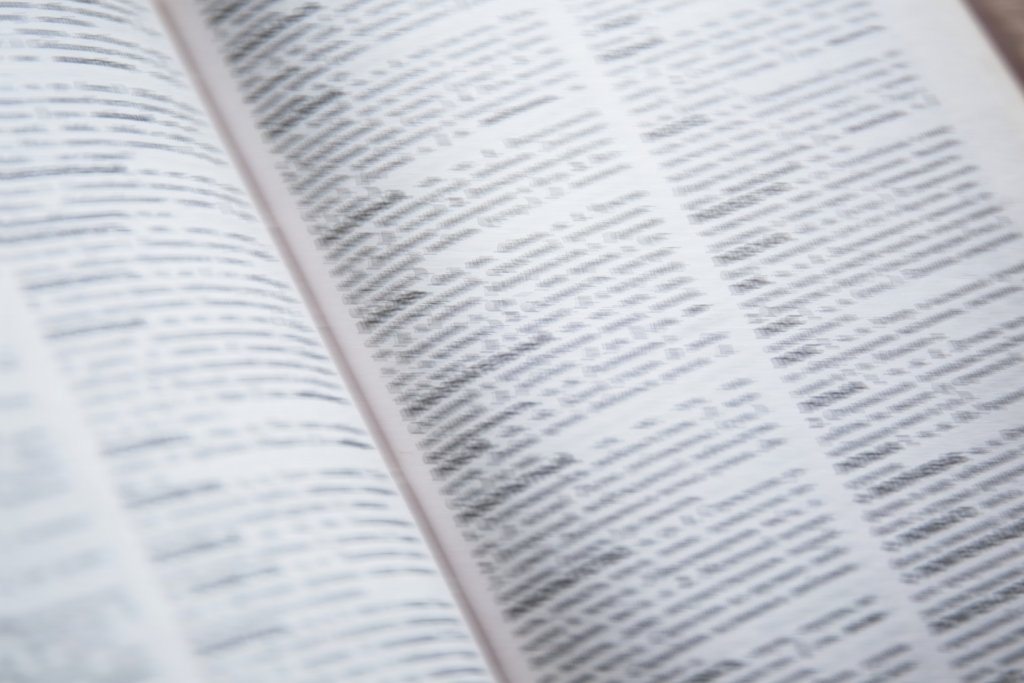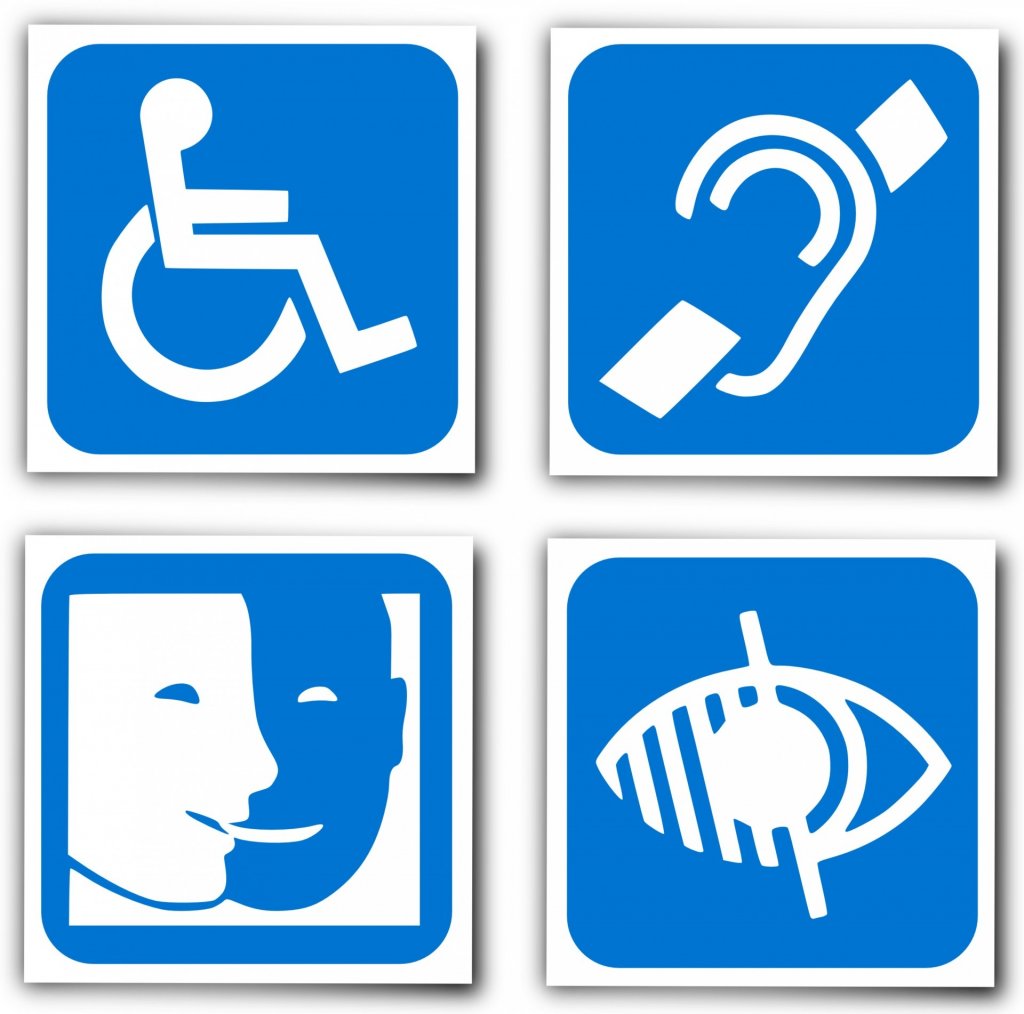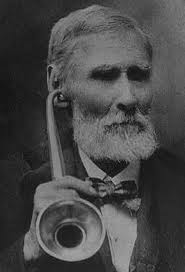The Wired Audiologist – Terminology in the 21st Century
Peter Stelmacovich, MCl Sc, is a hard of hearing audiologist who works for a Canadian manufacturer. In Peter’s column, The Wired Audiologist, he discusses many of the issues that affect him personally as both a hard of hearing consumer and an audiologist.

Various terminology is used to describe people with disabilities. Interestingly, the terms we must use has become a sensitive issue. Some descriptors are understandably negative. For example, the terms idiot, moron, retardation, and imbecile used to be accepted terms to describe persons with varying degrees of intellectual disabilities. These are inappropriate and insensitive terms and of course are not used anymore. The etymology of the word “handicap” is believed to be related to begging for money, although this has been disputed by others; however. it is an unacceptable term in professional literature as it has negative connotations.
Similarly, we use many terms or names to describe hearing loss. Some of the commonly used ones include Hearing loss, Deaf-mute, Deaf and dumb, Hard of Hearing, Deaf, deaf, Hearing impaired, and Deafened.
This issue of terminology is certainly not unique to the field of audiology. For example, the American Psychiatric Association (APA) provides guidelines on how to report on mental health conditions. Amongst other things, they recommend avoiding the use of derogatory language and to focus on the person first. For example, rather than saying “She is schizophrenic,” one should state “She is a person with schizophrenia,” or “is an individual with a mental disorder”.

There are similar recommendations from other sources. For example, Brown University recommends avoiding the use of the article “the” with the disability such as “the blind”. Instead use “people who are blind.” The use of the word “normal” is also discouraged such as the statement “He did as well on the exam as the normal students.” Instead, one should state simply state “He did well on the exam.” They also recommend being wary of implying that people with disabilities deserve to be pitied, feared, or ignored, or that they are somehow more heroic, courageous, patient, or “special” than others who do not have a disability. Another term that has entered the academic literature is “typical” rather than “normal.”
Hearing loss is an approachable generic umbrella term. It encompasses conductive, sensorineural, or mixed losses. A review of Internet references does not suggest these terms are negative or derogatory. However, some people have suggested that one cannot have a hearing loss if one was born deaf. That is, if one never had any hearing to begin with, it was never lost. This reasoning does not seem logical to me for several reasons. First, it is extremely rare for someone to be born with no measureable hearing whatsoever. Second, the brain is set up to receive signals from the auditory system, specifically, the auditory cortex and certain areas of the brainstem. This clearly indicates that we human beings were meant to have hearing.
“Deaf-mute” and “Deaf and Dumb” both describe the notion that people with significant hearing loss from birth both cannot hear and cannot speak. These terms should never be used as they are both inaccurate and of course derogatory. Most children born with hearing loss, when provided with appropriate auditory-verbal therapy, support and equipment do learn to speak extremely well and go on to achieve high levels of education. Some families choose sign language for their children, and also can achieve great outcomes.

“Deaf” and “deaf” are actually considered to be somewhat different terms. Deaf, when used with a capital “D” (also known as “Big D Deaf”), typically describes members of the Deaf Community who use sign language as their method of communication. The Deaf Community has their own cultural identity, social groups, drama productions etc. When used with a lower case “d”, the term deaf or deafness is a general term to describe all degrees of hearing loss. Typically, the image the term “deaf” conjures up is a person who uses sign language, and therefore, the term deaf, whether capitalized or not, version more commonly used to describe people who sign and cannot hear.
Deafened is also a term you see out there, and is one of the terms I use to describe my condition. Typically, it describes someone who has lost the majority of their hearing post-lingually. However, deafened people may have had their hearing assisted via high powered hearing aids or cochlear implants. There are organizations such as the Association of Late Deafened Adults in the United States, so this term is well accepted.
Hearing impaired or hearing impairment seems innocent enough. It can be used to describe a condition in which ability to detect certain or all pitches is either partially diminished or completely missing.
Interestingly, the terms “hearing impaired” or “hearing impairment” seem to draw the most criticism and controversy today. I was looking at the National Association of the Deaf website for their perspective on this term. Here’s the first sentence: “Deaf and hard of hearing people have the right to choose what they wish to be called, either as a group or on an individual basis.” I completely agree with this statement. Nobody should force a term on any group. But here is the second statement “Overwhelmingly, deaf and hard of hearing people prefer to be called “deaf” or “hard of hearing.” I am not sure when the survey went out to people with hearing loss requesting opinions on these terms. I completely understand and respect the wishes of the Deaf Community to NOT be called hearing impaired. But I cannot recall anyone asking people with hearing loss (who do not sign) if they desire to be called Hard of Hearing.
Hard of Hearing officially refers to those persons with hearing loss which permits the use of the auditory channel for a certain amount of speech/language. People who are hard of hearing typically use hearing aids, cochlear implants, and FM systems.
Personally, I do not like the term Hard of Hearing. The issue I have with the term “Hard of Hearing” is two-fold. First is the image it conjures up. And secondly, the proponents of this term to obtain failed to achieve consensus amongst people with hearing loss that this is the correct term that shall be used.
When I think of the term Hard of Hearing, I imagine an old person from the 1930s with a listening tube stuck in the ear muttering “What’s that sonny? I am Hard of Hearin’ and ya gotta shout!”. I find the term archaic, unintelligent, and unflattering.

Person who is Hard of Hearing.
It is interesting to note that in the United States, the group “Self Help for Hard of Hearing” (SHHH) changed their name to the Hearing Loss Association of America (HLAA). This new name has no negative connotations, and is generic enough to encompass all people with hearing loss. It is a very welcoming term.
Now may be a good time to reflect on the term “normal.” As a person with hearing loss, I often ponder the question of what it means to be normal. Does my cochlear implant give me normal hearing again? Am I a normal person? If not, am I less of a person because not everything about me is normal?
For any hearing aid or cochlear implant user, I think no one will ever have normal hearing again. There is some form of damage in the auditory system that cannot be corrected. For example, in cases of sensorineural hearing loss, the hair cells remain damaged even after we add the hearing devices. Until hair cell regeneration therapies become clinically available, the ear is still not normal.
Some people have compared using hearing aids as to using eyeglasses. While it is tempting to draw such an analogy, I do not think this comparison works. For most people with glasses, there is nothing damaged or unhealthy about the eyes. Typically, the lenses of the eye are simply not the correct shape. Moreover, eyeglasses do not convert the light energy from one form, digitize it, manipulate it and then attempt to reconvert it back into light energy again. What hearing aids do is far more complex than eyeglasses. Eyeglasses are primarily used for “conductive” visual problems, and hearing aids are primarily used for “sensori-neural” hearing problems.
What we can do when it comes to hearing loss is try to restore function. By this I mean we can use equipment and communication strategies to allow us to function better in the various communication situations we face.
But at no point are we ever making hearing normal. The ear is still not the same as someone with a fully intact auditory system. The extent to which we can normalize function is contingent upon many factors such as the degree of hearing loss, the technology employed, the behaviours we use and sadly financial resources.
Ok, so my hearing is not normal. Does that make me an abnormal person? Maybe, but frankly who on this planet is completely normal. If you are not the ideal weight, not the ideal height, take medications for some condition, you too would not be perfectly “normal” either.
Here are my suggestions on terminology in audiology.
- Embrace the term “Deaf” for people who identify as such. People who are Deaf have a proud cultural and linguistic heritage that needs to be respected.
- Avoid using the article “the” in front of the terms you use. Instead of “the deaf” or “the hard of hearing”, say “people who are Deaf”, or “people with hearing loss”
- Focus on the use of person first language. The status of our auditory systems are not the only things that define us.
- Avoid terms like “suffer” as in “Peter suffers from hearing impairment.”
- Avoid labelling people with hearing loss as being “heroes” or being extra “courageous.” We are people like anyone else, just trying to be happy in our lives.
- Try to stay away from the word “normal.” Stating that a client’s hearing falls within normal limits is probably the only place that this word is acceptable. But otherwise, people with hearing loss are just as normal as anyone else.
- It seems that there are some people that find the term “hard of hearing” to be acceptable, but do not assume that we have achieved consensus on this term.

